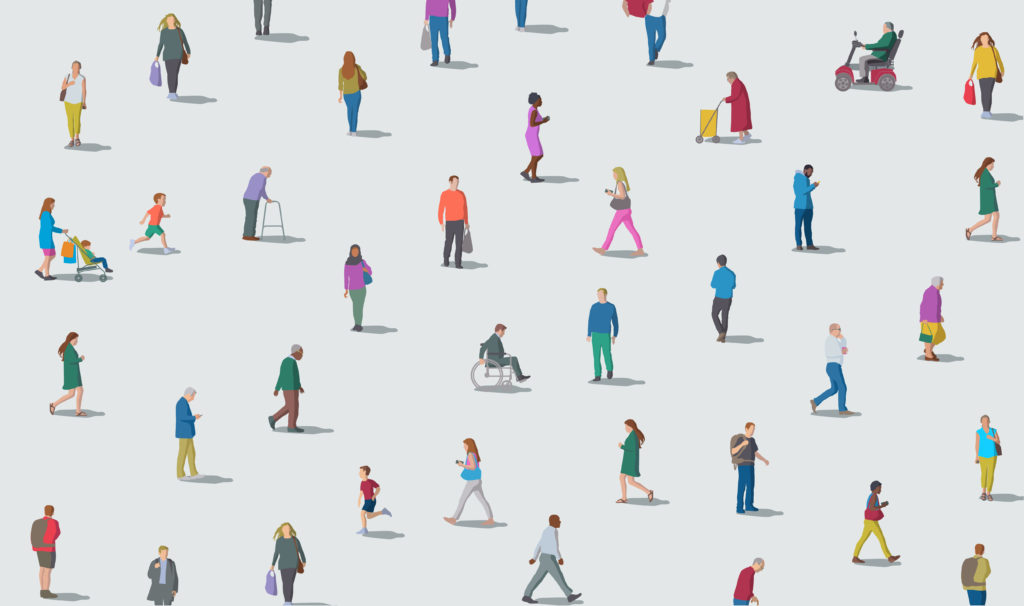
Overcoming digital divides, building social connections and acting in a socially responsible way in the midst of a global pandemic isn’t easy. Last week (13/01/21) ISR hosted a webinar to discuss this challenge.
The date of the webinar coincided with the launch of the JRF UK poverty report and the JRF Destitution Report which both detailed the impact of digital exclusion during the pandemic. COVID-19 has exacerbated existing inequalities, with those already experiencing digital poverty excluded from what was an almost exclusively digital policy response to the outbreak. It was in the context of increasing poverty, digital exclusion and communities struggling with the impact of the new 2021 Lockdown, that we hosted the webinar.
We welcomed guest speakers; Mary Cloake from the Bluecoat, Stuart Dunne and Milo Dwyer from Youth Focus and Rev John Davis, ISR Visiting Fellow and assistant priest at St Gabriel’s, Huyton. The speakers shared how they sought to overcome the digital divide and maintain meaningful connections with their communities.
In giving an overview of their work, Stuart and Milo connected the right to online participation with human rights. Ensuring that people have the devices and data to participate fully was key to doing socially distant social responsibility. They also spoke about the challenges of making new online connections, finding it easier to ensure that ensuring that existing contacts were supported. This observation was endorsed by many of the webinar participants, and remains a huge challenge.
John focussed on how to nourish communities in a digital and socially distant space. Maintaining links via practical food and volunteer support, using ‘old fashioned approaches’ like the telephone, letters, and socially distant visits had been fundamental to this. John’s experience shows that there are other ways to respond that just using digital media. We are perhaps at risk of forgetting this!
Finally, Mary shared some of the opportunities for empowerment that had emerged from Lockdown. The Bluecoat lead on ‘where the arts belong’, a project that works in care homes with people living with dementia. As project workers could no longer visit the care homes to offer activities, they instead trained the care home staff on how to engage with the residents artistically. The project is now delivered by care home staff, ensuring its longevity and positive impact on residents.
All of the speakers, and webinar participants through the ‘chat’, expressed both challenges and unexpected benefits arising from the need to rethink how we do ‘social responsibility’. Some online approaches can have a wider reach, technology permitting; but there were limitations, particularly in building those deeper connections and initiating contacts.
Rethinking accessibility to include digital equality, nourishing communities with multi layered communication approaches, and empowering individuals to develop new skills, can build a robust, caring and person-centred methodology for socially distant social responsibility, are all part of the solution, but we are keen to discover more!
So, from this initial webinar further conversations will be organised by the Institute for Social Responsibility at Edge Hill University with a view to gathering a set of creative resources that share challenges, solutions and best practice on how to do socially distant social responsibility.
We do hope that you will take part – so look out for forthcoming events.
Dr Katy Goldstraw is the Chair of the ISR External Advisory Group and Senior Lecturer in Health and Social Care at Staffordshire University.
Image by smartboy10 on Istock
